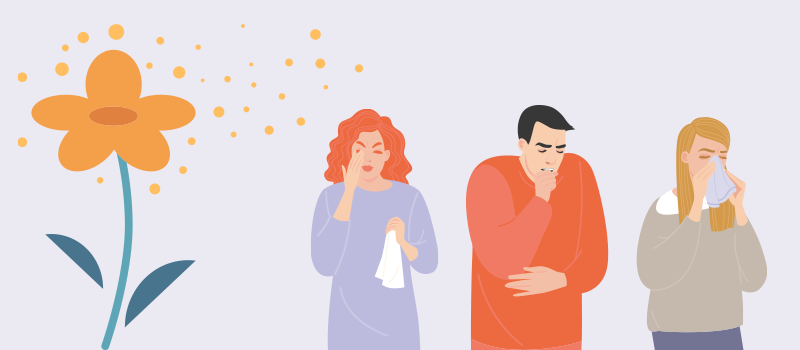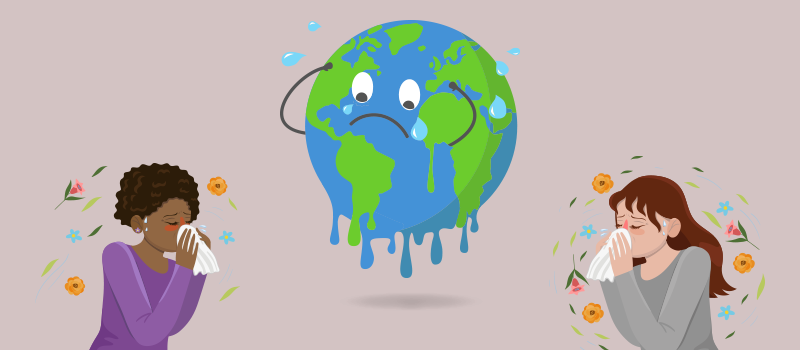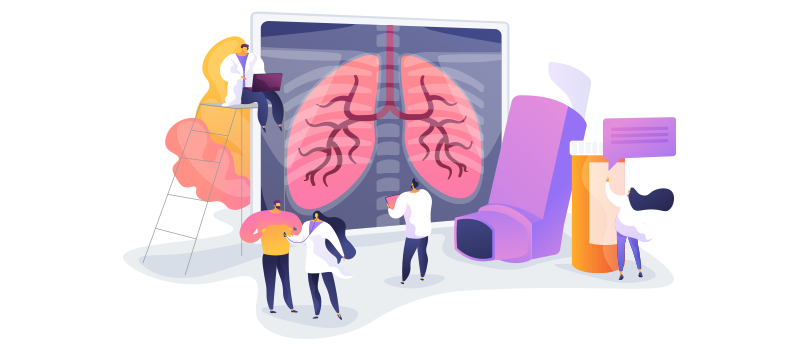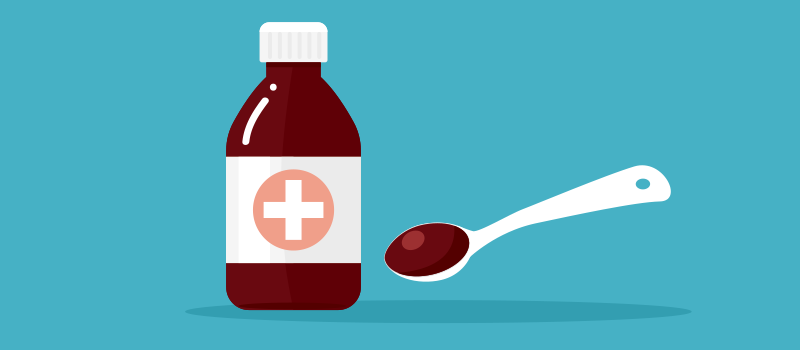Frequent Nosebleeds: When to See a Doctor

Most people will have at least one nosebleed in their lifetime. The medical term for it is epistaxis. Nosebleeds are not usually serious. However, in rare cases, having nosebleeds frequently can indicate an underlying condition such as a bleeding disorder, or it can be the side effect of a blood thinning medication. Please continue reading to find out when to seek medical attention for frequent nosebleeds.
Are frequent nosebleeds a symptom of anything?
Frequent nosebleeds are not normal and should be investigated. They may occur due to something that is easily correctable, such as dry indoor air. They can also be a sign of serious health conditions such as a blood clotting disorder. Frequent and severe nosebleeds can lead to anemia due to blood loss and other health complications. It’s important to have recurring nosebleeds evaluated by your healthcare provider so that they can make an accurate diagnosis.
What underlying conditions cause frequent nosebleeds?
Nosebleeds are frequently caused by nose-picking and dry air. Other common causes include:
- Allergic and non-allergic rhinitis
- Common colds and other upper respiratory infections
- Acute sinusitis and chronic sinusitis
- Use of aspirin or blood thinning medications (for example, warfarin)
- Inhaled chemical irritants
- Use of illicit drugs such as cocaine
- High altitudes
- Deviated nasal septum
- A foreign object inside the nose
- Frequent use of nasal sprays for allergies
- Serious injury
- Pregnancy
- Blood clotting disorders or bleeding disorders
Less commonly, nosebleeds can occur as a result of:
- Alcohol use
- Nasal surgery, skull base surgery, or neck surgery
- Nasal polyps
- Paranasal or nasal tumor (a tumor in or near the nose)
- Leukemia
- An inherited condition of the blood vessels, such as hereditary hemorrhagic telangiectasia
- Immune thrombocytopenia
Note: It is uncertain if high blood pressure can cause a nosebleed.
How often are nosebleeds serious?
If you have frequent nosebleeds, meaning more than 3-4 times a week or 6 times a month, you should talk to your doctor. They will evaluate you and find out if there are any underlying medical conditions causing your nosebleeds.
How to treat a nosebleed at home?
Occasional nosebleeds are usually harmless. Some simple measures can help manage nosebleeds at home.
Sit upright and lean forward to avoid swallowing blood (this can cause stomach irritation). Use a tissue or damp washcloth to clean up any blood near your nose. It also helps to gently blow your nose to clear blood clots. A nasal decongestant or saline nose drops can also be used to clear the nasal passages.
Following this, pinch your nose (the soft part) between your index finger and thumb to apply pressure, enough that both nostrils are closed (even if only one nostril is bleeding). Continue sitting forward and keeping the nostrils closed for 10-15 minutes while you breathe through your mouth. The pressure on the nasal septum (the wall between the nostrils) can help stop further bleeding.
You can also try applying an ice pack to the bridge of your nose to narrow the blood vessels and stop bleeding from the nose. Additionally, you can try using a decongestant spray, such as oxymetazoline (Dristan, Afrin, Vicks Sinex, or Neo-Synephrine), into the bleeding nostril, followed by continued pressure on your nose.
To prevent another nosebleed, avoid nose blowing or picking. Do not bend down or lie flat for several hours. Keep your head raised above the level of your heart. Avoid lifting heavy objects such as groceries, babies or young children, or weights in a gym for 2 weeks after a nosebleed.
How do doctors treat a nosebleed?
If the bleeding from your nasal membranes does not stop, you may need professional medical care. A doctor can remove clotted blood, apply silver nitrate to cauterize the blood vessels, and place nasal packing to stop the bleeding. Avoid packing your nose at home with items such as tampons, as this can cause further injury and worsen the bleeding.
When should I be worried about frequent nosebleeds?
An occasional nosebleed is not something to worry about. Most nosebleeds stop on their own with simple measures. However, you should seek immediate medical attention in the following situations:
- A child younger than 2 years of age has a nosebleed
- You have been in a car accident or suffered an injury
- You are bleeding profusely and have lost a large amount of blood (more than a cupful)
- The nosebleed is causing difficulty breathing
- The bleeding is accompanied by other symptoms such as lightheadedness, chest pain, raised blood pressure, or rapid heart rate
- The bleeding from your nose continues for more than 30 minutes, even after the application of direct pressure on the bleeding blood vessel.
If you are losing a lot of blood or feeling dizzy or faint, call 911 or your local emergency number or have someone take you to the emergency room (do not drive yourself).
Make an appointment to see your healthcare provider if you're having frequent nosebleeds, even if the bleeding stops fairly easily. Also, see your provider if you have more severe nosebleeds or if the bleeding continues for more than 30 minutes. Your provider will determine the underlying cause of your frequent nosebleeds and recommend the appropriate medical treatment.
How to prevent nosebleeds?
You can lower your risk of nosebleeds by keeping your nasal mucosa (the membranes inside your nose) moist. This is especially true for the winter months when heated indoor air is dry and outside air is cold and dry. Applying a thin layer of Vaseline (petroleum jelly) with a cotton swab or using a saline nasal spray can moisten your nose and help in preventing nosebleeds. A cool mist humidifier is also a good way to counteract the dryness in indoor air. Avoid blowing your nose vigorously, as this can damage delicate blood vessels in the nose. Lastly, keep your child’s fingernails trimmed short and discourage nose picking.
References:












SOCIAL